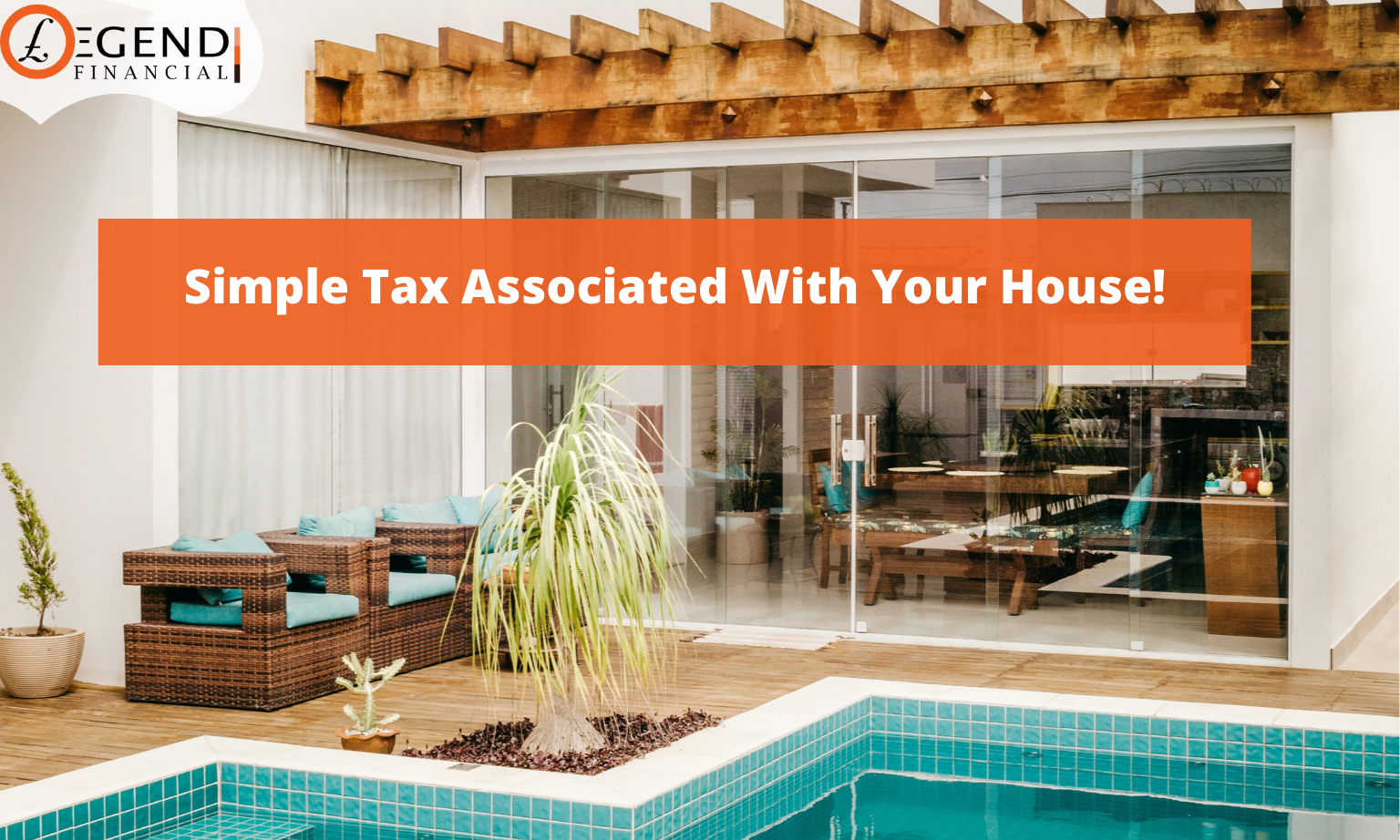Simple Tax Associated with Your House!
Being a responsible civil person, it is the utmost duty to pay taxes. Not only to pay taxes but to pay them on time. The responsibility lies on every person that claims to be a UK citizen. Having complete knowledge about taxes is the primary step that everyone should excel.
After achieving the primary measure, the second step should be paying taxes associated with you. The tertiary stage simply demands to pay the tax online. The tertiary phase also contains another essential perspective: keeping your receipts with you to avoid any confusion shortly.
House is an accommodation where people can live, whereas a home is a feeling developed by the love and compassion of people occupying that accommodation. Even going more profound in the term of house, a lot of tax gets attached like iron is attracted to the magnet. These taxes are wholly and solely associated with the concept of house and accommodation.
There are few scenarios considering the term house. Assuming an ordinary person living in the UK, many people cannot afford their own house. On the other hand, some people are well-financed to afford their furnished holiday. Letting your furnished holiday lets you earn a handsome amount of income and enable you to build a house of your choice.
Considering the first scene, there might be a chance that you own a furnished holiday let!
Capital Allowance on Furnished Holiday Let
Of course, you can enjoy the feeling of home in that furnished holiday during your summer holidays. The HMRC allows the owner to spend some days in the furnished holiday. So it means you are living inside your own rented house! Imagine that! It’s not an imaginary situation but a real opportunity for people to have money. The UK government allows capital allowance tax on a furnished holiday let to enjoy some significant advantages.

Reviving the second scene, there might be a chance you rent a house!
Renting a House
Those people who cannot afford their own house can live on rent. Living on rent accommodates both the owner and the person looking for a home. On the one hand, renting a house provides a place to live. On the other hand, it offers the opportunity to earn money for the person providing his place on rent. A certain amount of tax is associated with rental income if it exceeds a specific limit.
Short mathematics can be applied at this point. If the rented location is colossal, the rent would also be colossal, and there is a high chance that it may exceed the value. In contrast, on the other hand, if the accommodation provided is small, the rental will also be small, and there are fewer chanced of it to surpass the limit. Now,
What Is Rental Income?
Rental income is a specific amount that a landlord receives upon accommodation of property. Like all other tax liabilities, this rental income may also carry some tax along with it. Your tax gets applicable to the profit gained on the rental income. In other words, the landlord pays tax on rental income profit. Now the fundamental question arises, how much tax do you have to pay on rental income? The answer to this question is elaborated briefly in the article.
How Much Tax Do I Pay on Rental Income?
While considering the specific amount that a landlord pays as a tax, you might have to apply a particular formula. It should be evident that a landlord can demand only one percent of the original price of the accommodation as rent payment. It is stated as the one percent formula.
For example, the original price of the house was £50,000. A person came to live over there. According to the one percent formula, you can demand £500 per month as a rent payment as a landlord tax applies to the profit gained by this £500.
 By following the same route, rental profit can also be calculated. Rental profit is rental income minus allowable expenses. That means that you don’t pay tax on items that are not liable to tax in rental income tax. One thing should also be kept in mind that rental income is the amount of rent paid every month. It also includes the amount spent on some additional services like cleaning, hot water availability, repairing, and many more.
By following the same route, rental profit can also be calculated. Rental profit is rental income minus allowable expenses. That means that you don’t pay tax on items that are not liable to tax in rental income tax. One thing should also be kept in mind that rental income is the amount of rent paid every month. It also includes the amount spent on some additional services like cleaning, hot water availability, repairing, and many more.
So,
- rental income= rent + additional services
- rental profit= rental income – allowable expenses
It is essential to keep the respective receipt as proof for rental income that includes rent and additional services.
Screening through the third scene, you might be thinking of selling your house. Even in that case, you can’t escape from the hands of HMRC.
Capital Gains Tax
Another tax associated with the property is the capital gains tax. The tax is applied when someone thinks of selling the property. Keep in your mind we are not talking about the principal residence over here, and we are talking about the side property that someone acquires. The tax gets applied on the selling income that someone gains after the confirmation of the original price.
Another twist regarding capital gains tax is if you have dual nationality, you can escape from a bit of amount while selling a property in the UK. Of course, HMRC values your investment and allows you to get facilitated in each possible way.
So, if you are thinking or revolving around any of the above three scenarios, you must prepare yourself for the tax amount. Consulting a tax accountant is always advisable to save yourself from any future problems. It is always good to keep track of your tax amounts and receipts so that dealing in numbers might be easy for you.

